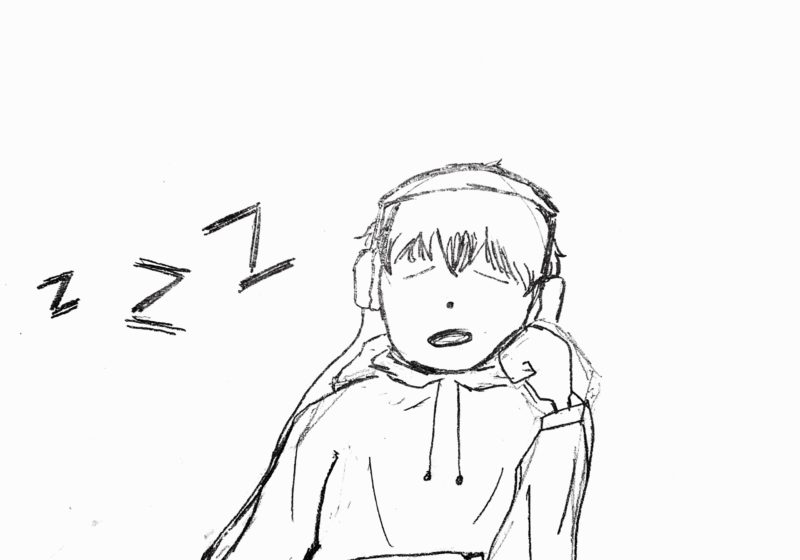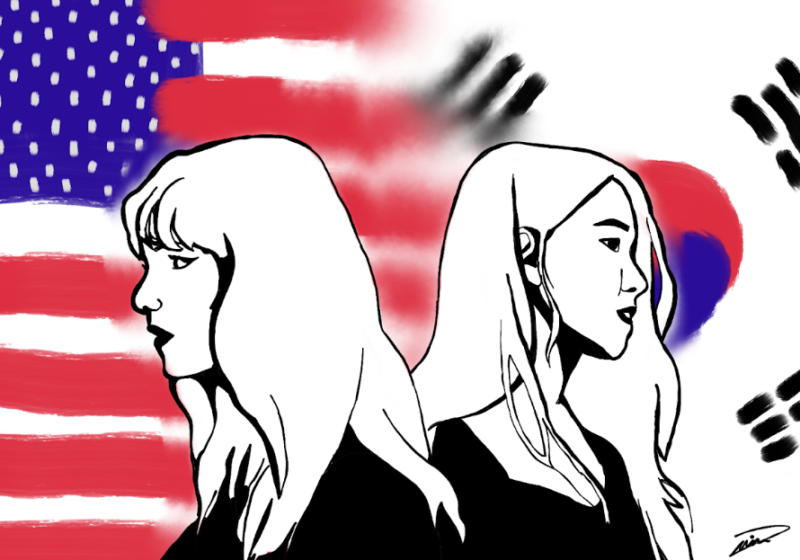Short albums: they’re quick, fun, and easy to listen to. You can finish three of them with the mic muted well before your Zoom class is over. But are they also a sad reflection of our generation’s lack of willingness to consume art for extended periods of time?
From Kanye West’s “ye” to The Weeknd’s “My Dear Melancholy,” 20-25 minute, 6-7 track albums seem to be becoming more and more of a trend — especially within hip-hop. They’ve been very well received, which, in many ways, constitutes a certain victory for musicians and artists of all kinds. These albums are concrete proof that there is no need to tediously generate excessive amounts of creative output in order for a project to be popular, competent, or artistically valid. Rather, they suggest that concise work can be extremely impactful — perhaps even to a greater degree than expansive pieces.
Succinct albums, or any kind of succinct art, leaves no room for filler. There are no throwaway tracks, no unnecessarily long intros or outros, and no extraneous sections. Every moment of the album is there for good reason, which benefits all parties involved: The listener is bombarded with a lightning-fast flurry of only the best of the artist’s work, and the artist does not need to bother themselves with filler material just for the sake of creating a longer project. The artist can then pour themselves into perfecting a smaller portion of work, which prevents them from spreading themselves too thin.
And let’s face it: Most everyone would rather listen to a short and amazing album than a long and mediocre one with those few songs that you always skip over. Honestly, I’m sure there are a lot of people who would prefer a short album over a long one even if they were both equally amazing (I admit that I, too, often fall into this category) — which brings us to the heart of the issue with short albums and their implications today.
The world moves at a breakneck speed. And thanks to social media, YouTube, and other digital platforms, we never have to be bored. We can look at a post, a video, or a show for as long or short a time as we’d like, and when we click out of it, there is a virtually infinite amount of other forms of entertainment waiting for us. I often find myself checking my phone while watching YouTube just because the video hasn’t held my interest for longer than 30 seconds. Unfortunately, I believe this kind of mental predisposition to gravitate towards constant and varied stimulation has affected our ability to fully consume art, especially music, for longer periods of time. In turn, artists may feel financially pressured to create projects that cater to this phenomenon.
Streaming may also be heavily affecting not only album length, but individual song length as well. Once a listener passes the 30-second mark of a song, Spotify counts the listen as a full stream and pays the artist accordingly. With Spotify paying only about half of a cent per stream, many artists aim to garner as many plays as possible, and listeners may be more likely to stream a song multiple times if it’s particularly short.
So, is the trend of shorter albums an artistic triumph or despair? Is art itself being adversely affected just because we get bored more easily? Is capitalists’ lunge towards creating with the stream in mind destroying artists’ ability to fully express themselves?
In some respects, maybe. But at the end of the day, I believe that artists will (and should!) create art regardless of what’s trending, popular, and financially beneficial. Art that disregards those concerns tends to be the best and most revolutionary kind.
With all that being said, I’d encourage anyone who doesn’t usually listen through full albums back-to-back to try it out! Shut the lights off, lie down on your bed, and put your headphones in. I’m sure the experience will be very rewarding. Just don’t listen to Limp Bizkit.




